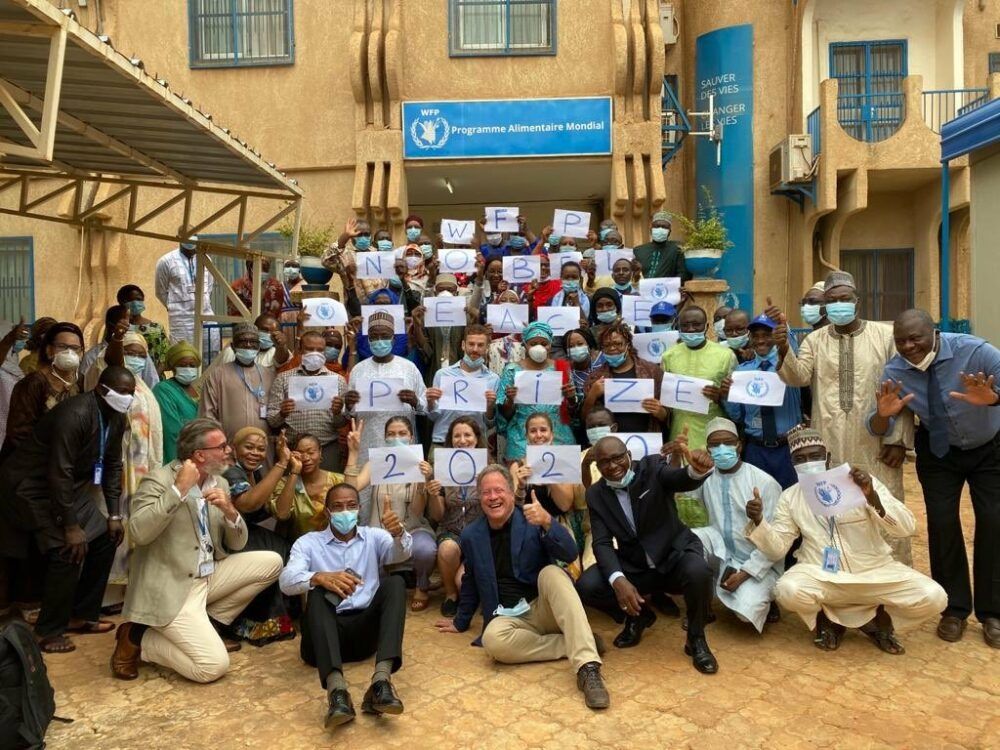The Nobel Peace Prize was awarded to the World Food Program on Friday for its front-line efforts to alleviate hunger amid the pandemic and to send a message that greater international cooperation is needed.
The award to the United Nations' Rome-based agency served as a counterpoint to nationalist efforts in fighting the coronavirus and accompanying skepticism of international coordination.







